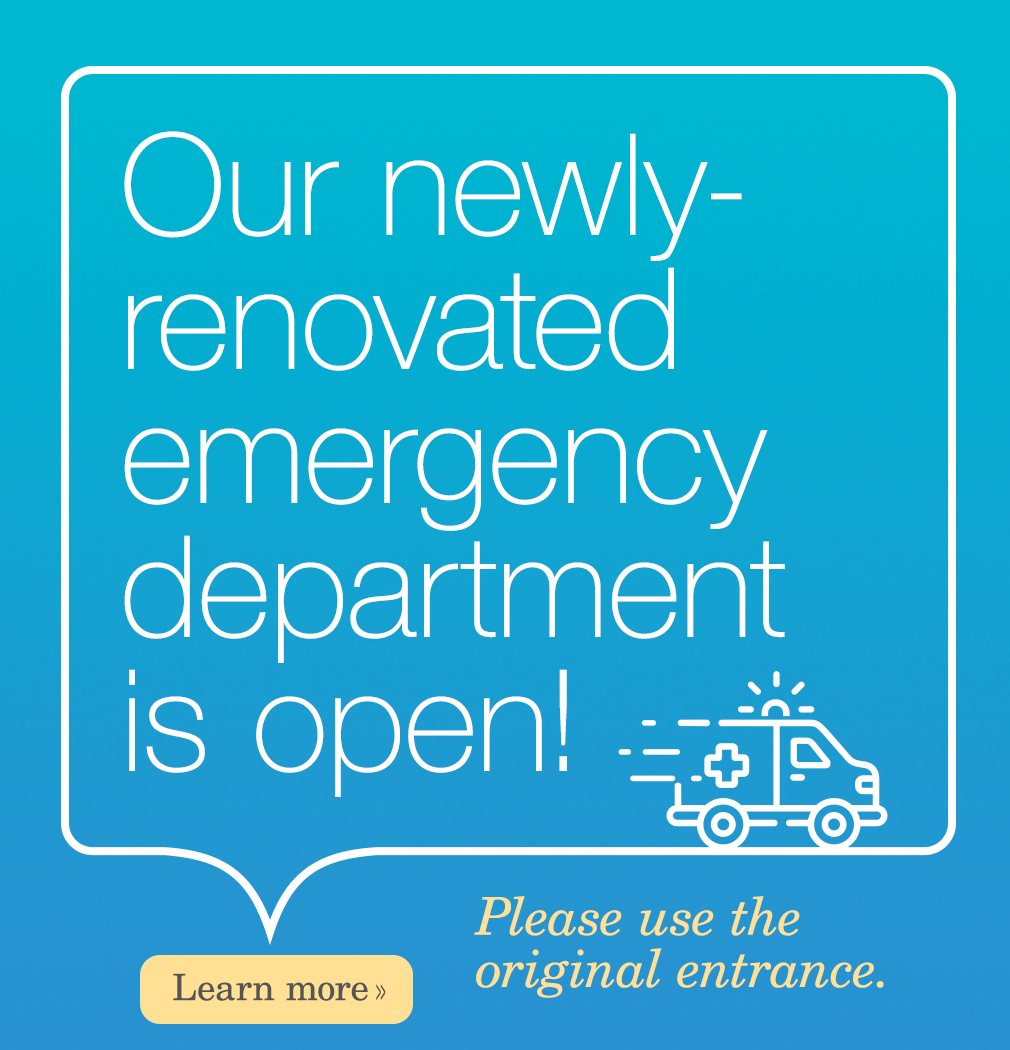

Does Vermont Need Additional Access to Mental Health?
Yes. Vermont continues to experience a lack of inpatient Mental Health bed availability, due to either a lack of beds or a lack of appropriate staffing. This results in long boarding times in hospital Emergency Departments for patients awaiting admission to the proper facility with the proper level of care. This is happening here at NMC as it is in communities across the State. I am so grateful for the incredible effort our NMC team, the staff of Northwestern Counseling and Support Services, and our other community partners make to provide the best care we can for these patients while working to get them access to the care they truly require. They are going above and beyond for these patients, doing their best to prevent poor long-term outcomes due to a lack of proper access.
NMC is taking an active role in advocating for improvements within Vermont’s healthcare and mental healthcare systems to address this situation. This was one of the focal points of emphasis in our discussions with the Franklin Grand Isle Legislative Delegation prior to the start of this session. We are working with the Vermont Association of Hospitals and Health Systems to ensure the new Administration and the entire legislature understand the gravity of the situation and join in efforts to address it. Recently, Dr. John Minadeo, the Medical Director of NMC’s Emergency Department, provided a strong clinical voice on a panel discussion at the Green Mountain Care Board on this topic.
Dr. Minadeo explained that our complex gero-psychiatric patients often do not qualify for placement at local long term facilities, leading to complex care management and placement issues. This results in hospitals becoming essentially “homes” to these patients for months at a time, with little to no psychiatric support systems in place, during the wait for proper placement. It was so important for our State leaders to hear again, and from a respected clinician, that these patients often exhibit violent or combative behaviors, requiring one-on-one nursing, security, or patient care companion staffing. As you can imagine, that level of staffing is very difficult to sustain and remarkably costly to the system. Unfortunately, the security contracts between the State and the Sheriff Departments do not cover the number of patient watches needed, so hospitals are frequently left to manage as best they can in their Emergency Departments and their inpatient units. This is not good for the patient or the care giver. This is at a crisis level in Vermont and must be addressed.
Dr. Minadeo’s presentation repeated the set of recommendations for how Vermont should move forward, which we have shared in prior settings:
- We need strong legislative advocacy from our local delegation for improved mental health systems;
- Current mental health funding cannot be compromised, as continued support for increased mental health and substance abuse treatment and prevention efforts is vital;
- Vermont must ensure adequate staffing for all inpatient psychiatric beds for maximum availability and utilization;
- We must ensure efficient systems, standardized workflows and processes e.g. standardized clinical criteria for psychiatric inpatient admission across all hospitals.
- Vermont must carefully re-evaluate the number of inpatient psychiatric beds needed;
- Additional law enforcement/sheriff staffing support for sit watches (for violent or combative patients) must be achieved;
- Vermont needs to recruit/retain more Psychiatrists to stabilize the State workforce;
- Create centralized data management system to accurately report ED and hospital mental health/psychiatric information among all hospitals and services;
- We must consider additional strategies to help address the situation, including Gero-Psychiatric units, regional Step Down and Secure Step Down units for adults and adolescents, the approach to the use of Crisis Beds, etc.
This is truly a statewide issue. It is bigger than hospitals and bigger than the Mental Health agencies. It will take the entire system and State government working together to implement an array of improvements to ensure patients get the right level of care in the right setting from appropriately trained caregivers. That effort has begun and I call on all of us – health care providers, elected officials, and community residents to support that effort. The time to address the crisis in mental health in Vermont is now.
— Jill Berry Bowen, NMC’s Chief Executive Officer

